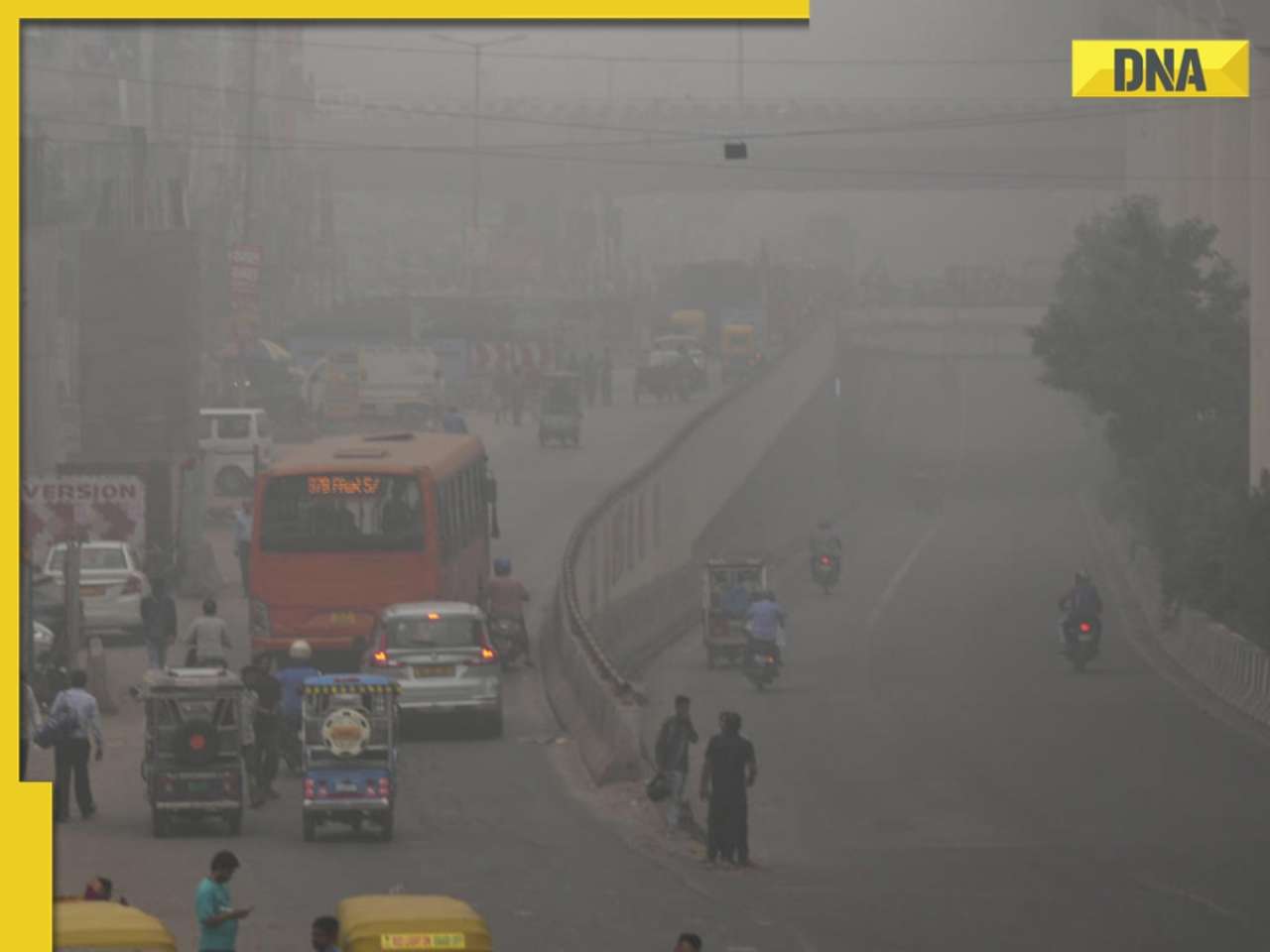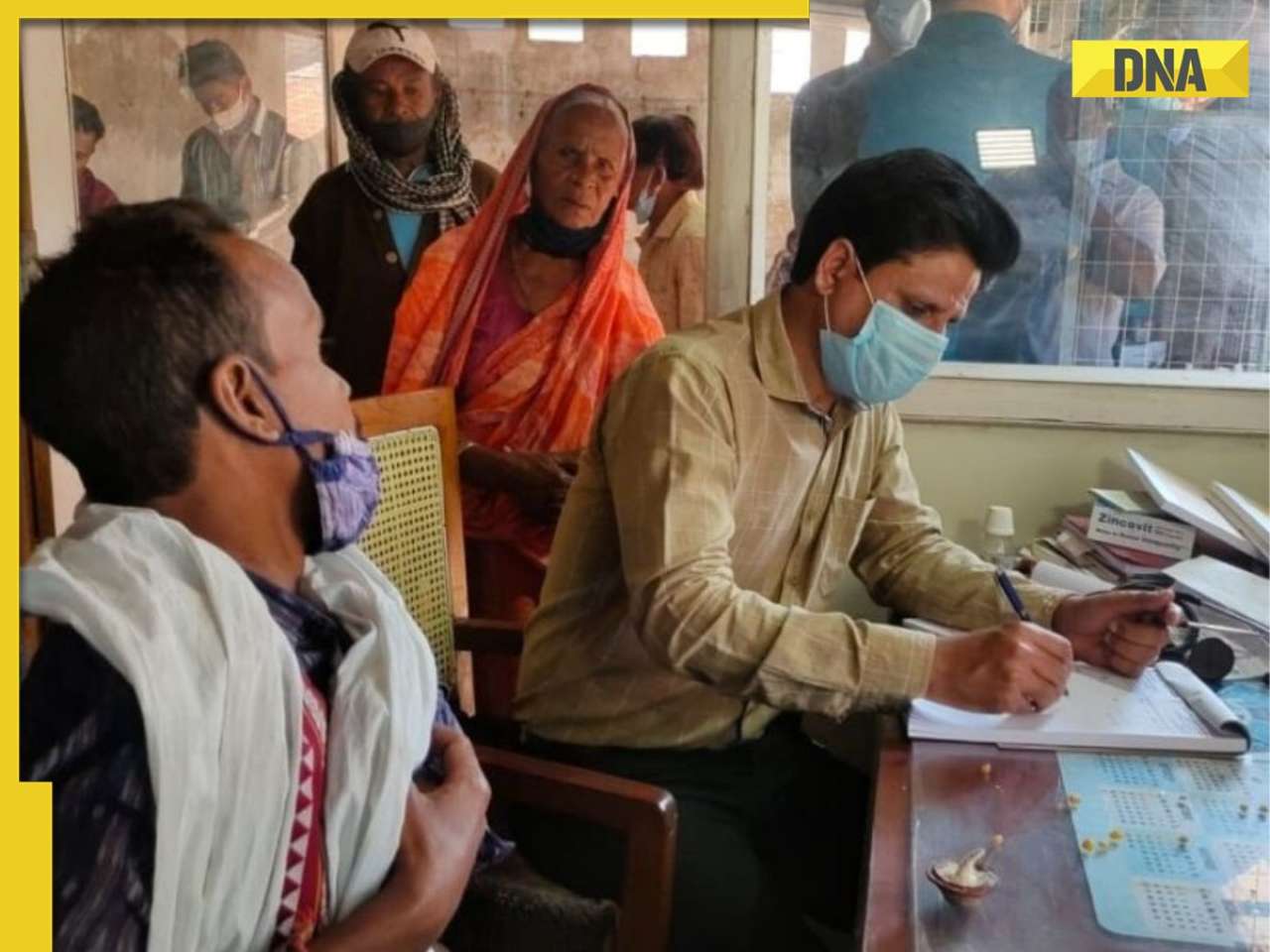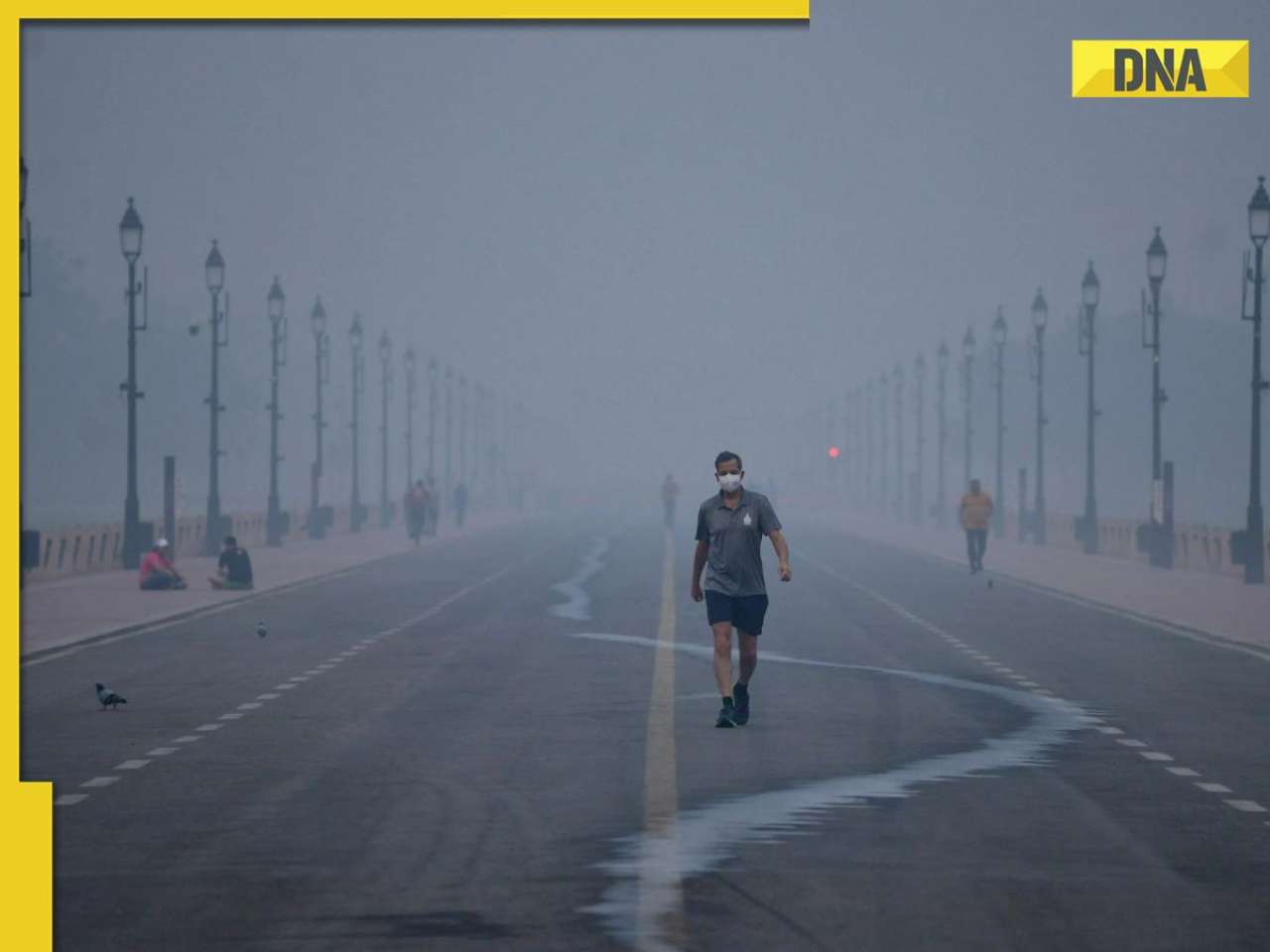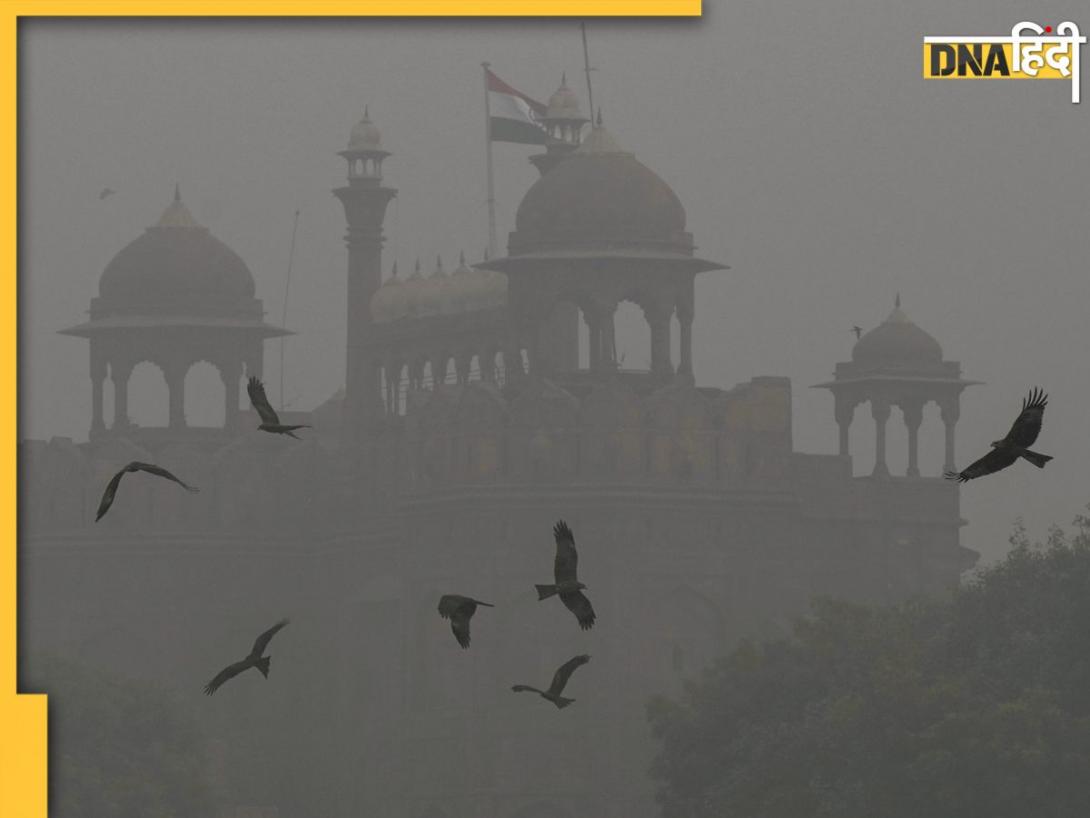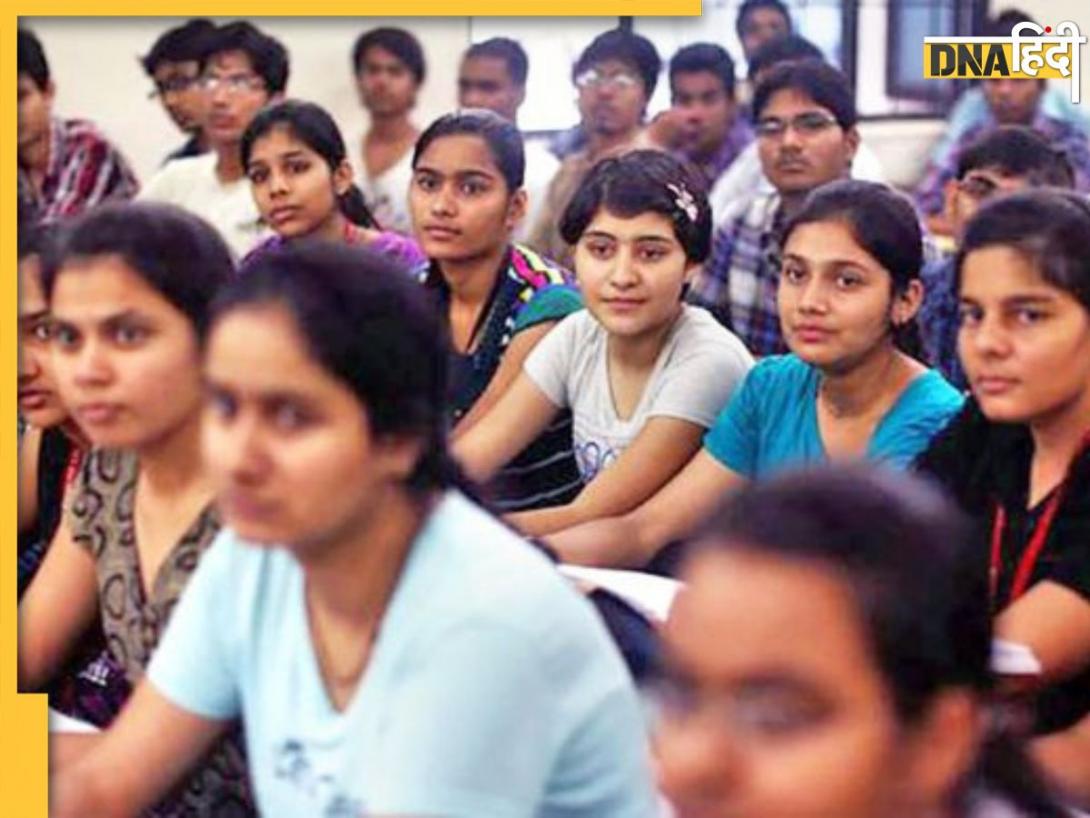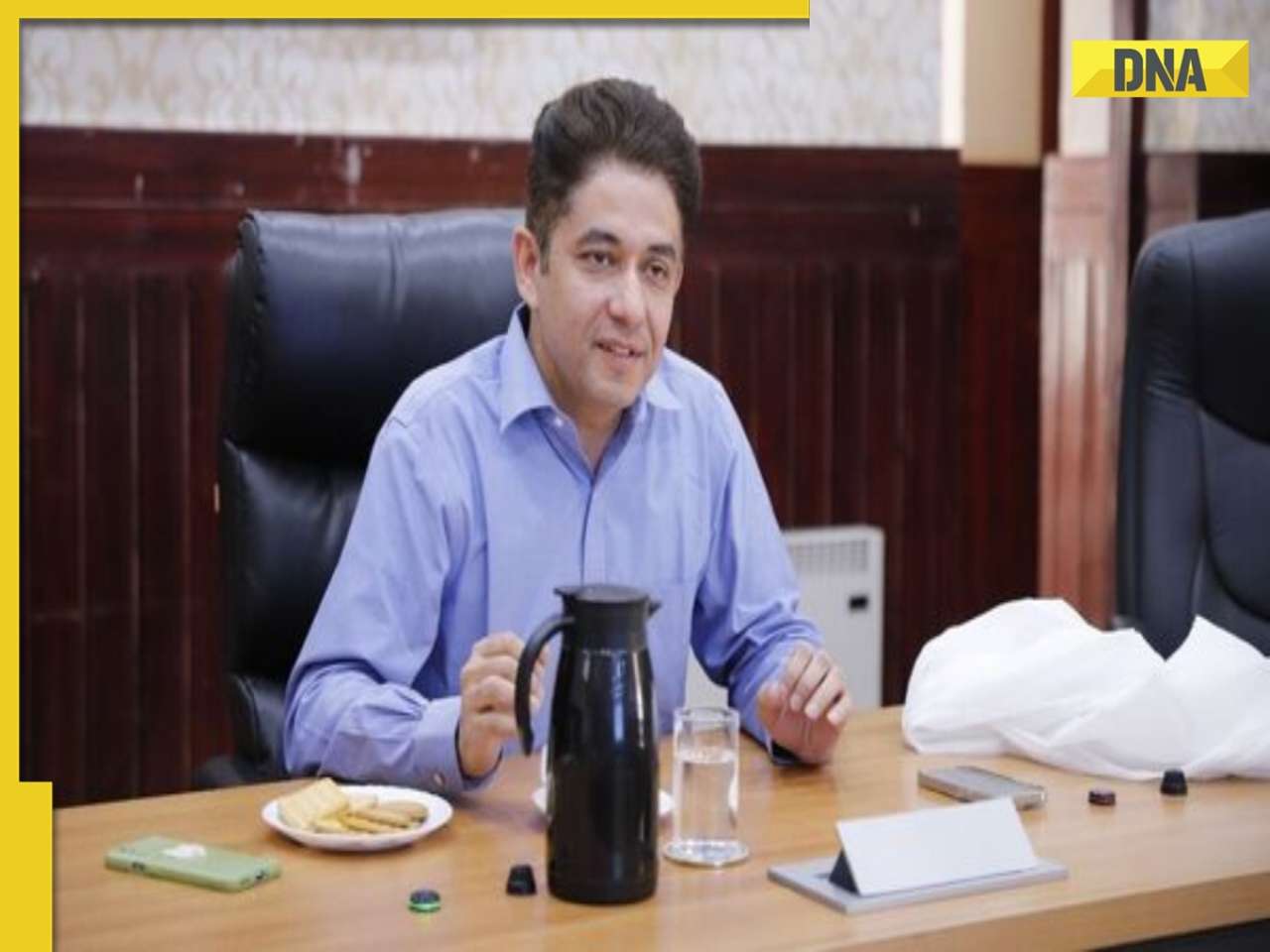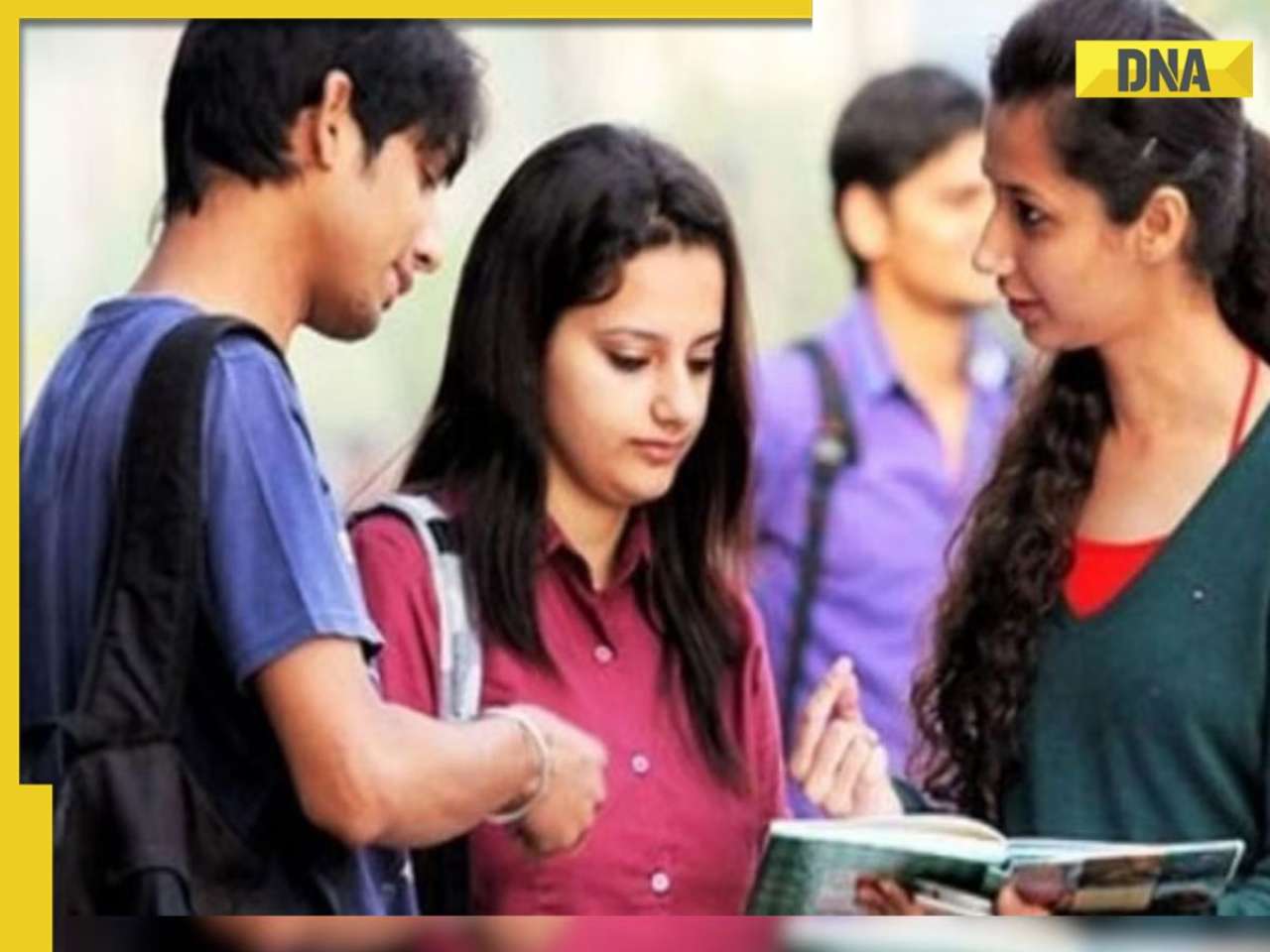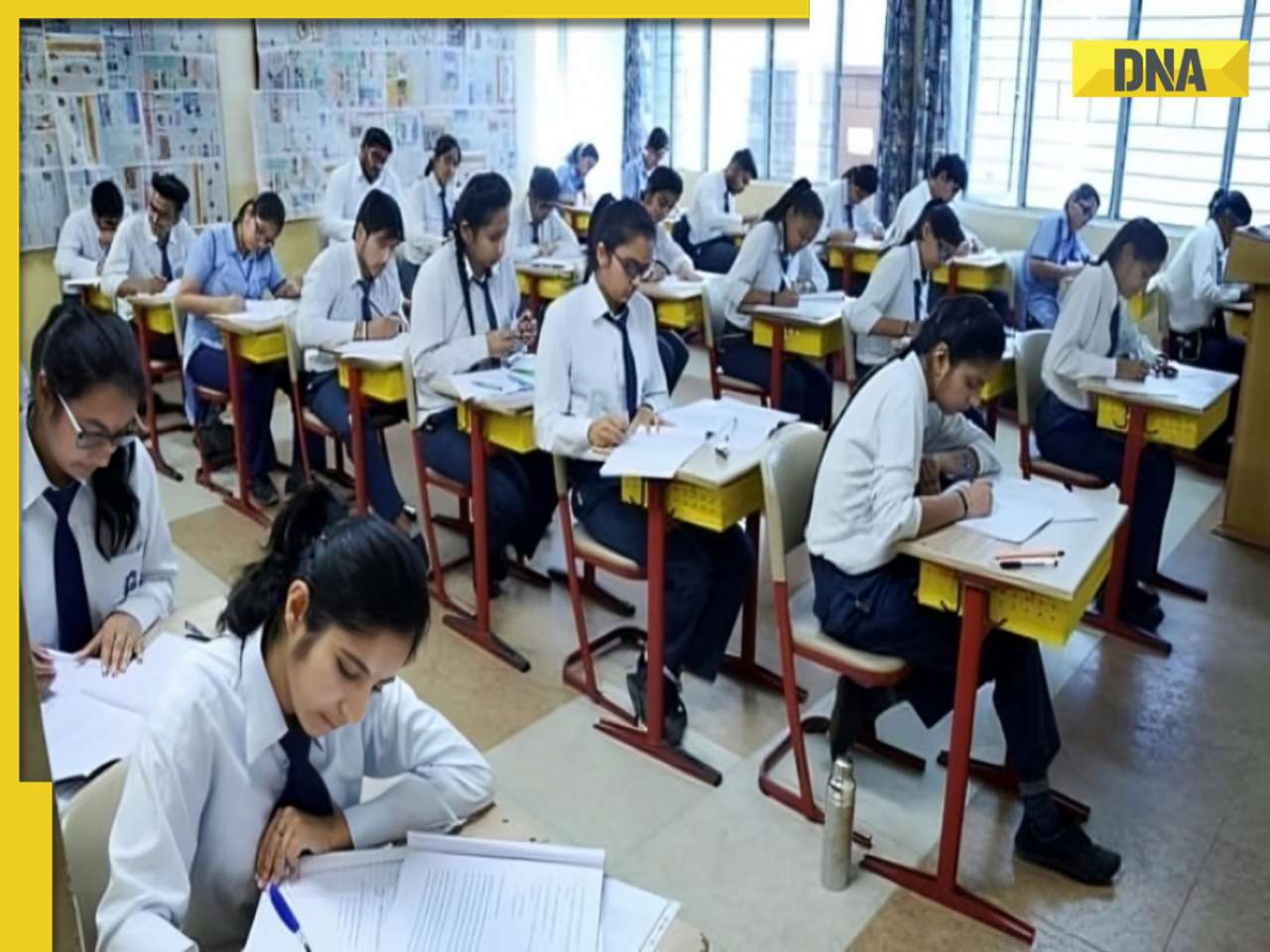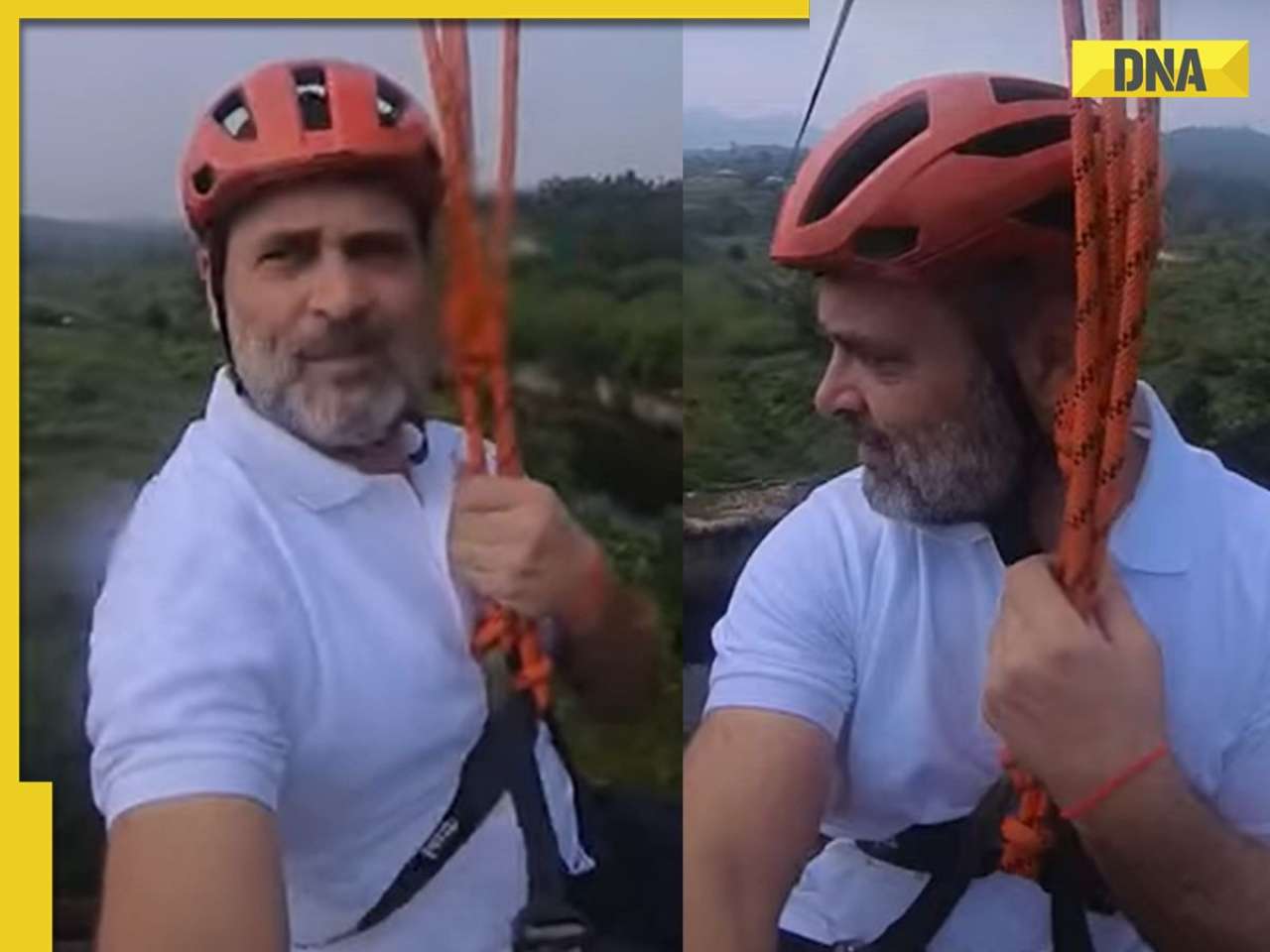- LATEST
- WEBSTORY
- TRENDING
ANALYSIS
Uttarakhand floods: Will we forget lessons from this disaster, too?
Uttarakhand should be allowed to dream a better future for its people and pilgrims, without impairing the precarious balance between human and natural systems.
TRENDING NOW
Devastating floods in Uttarakhand once again draws our attention to the fact that we haven’t learnt our lessons from similar tragedies in the past (even if none had the scale of this order, maybe).
Wouldn’t we forget about Uttaranchal in a week’s time when newspapers will have something else to talk about, when politicians will be concerned about how to win the next elections, and the society, at large, will be more concerned about an updated version of a cellphone/fashion/film. It’s a strange society, this.
The state’s administration, ITBP and armed forces should be complimented for evacuating more than 40,000 people already to safer places. They need all the support, but we must admit: the more efficient they are, lesser is the pressure on us to beef up our preparedness. All disasters have similar challenges, not to mention some of the location-specific peculiarities.
After looking for life under the load of debris of fallen houses, hotels, guest houses, distributing essentials to survivors and once tourists and pilgrims have returned home, will other state and central authorities be so concerned in rehabilitating the affected communities? Can we use this opportunity of rebuilding infrastructure to also renegotiate a new social contract?
So, what are the immediate lessons and some implications for the future?
(a) When it started raining, pilgrims at lower elevations weren’t issued warning to not proceed further. If issued, then it was not enforced. This led to a lot of travellers moving ahead and getting stuck. Locals helped the stranded but they haven’t been trained to do this better.
(b) It is true that we don’t expect 400% rainfall in a short period, but we do anticipate landslides and the rest of the consequences of the mindless damage to the fragile ecosystem that we wrought so far. Can we, thus, revisit the developmental goals of the region to minimise such damage in the future? Can the rest of the country compensate such regions for the development foregone in deference to the socio-ecological and cultural limits?
(c) The habitation on the riverbanks, without any protection from the fury of floods, was completely avoidable. The norms for riverbank strengthening must be developed and constructions too close to the development mustn’t be allowed.
(d) A lot of people are stranded, a lot more have lost all they had and many more are buried under debris. Learning from the 2001 earthquake, inventory of concrete-cutting tools, technologies and lessons aren’t still pooled in one place. With hope of life underneath, one has to avoid gas-cutters.
IIT-Roorkee can help in this regard, and so can CBRI and other IITs. A science and technology mission must be mounted to deal better with such eventualities in the future.
(e) Lessons from disaster management are seldom pooled and made available in local languages for wider reach. This is a long pending issue.
(f) The climate change, fluctuations and impacts will become more severe in days to come. How many institutions, communities, public and private bodies have disaster management drills regularly? To what extent has the resilience of the society, at large, increased in the last decade? Where is the national action plan to do so? NDMA (National Disaster Management Authority) needs a complete restructuring without further delay.
(g) We need to mobilise all support for affected people. Let us contribute generously to such a cause. Those interested can contact Dr Anil Joshi at hesco.in directly.
Please pray that none of the affected remains without relief or rehabilitation. If you decide to pray, do so, so that mandarins at the top don’t forget the huge economical, social and cultural costs are borne by the locals. If number of pilgrims has to be regulated, so be it. If construction and road development norms have to be redefined, let that be.
Uttarakhand should be allowed to dream a better future for its people and pilgrims, without impairing the precarious balance between human and natural systems.
The author is a professor at IIMA







)
)
)
)
)
)
)
)
)
)
)
)
)
)
)
)







